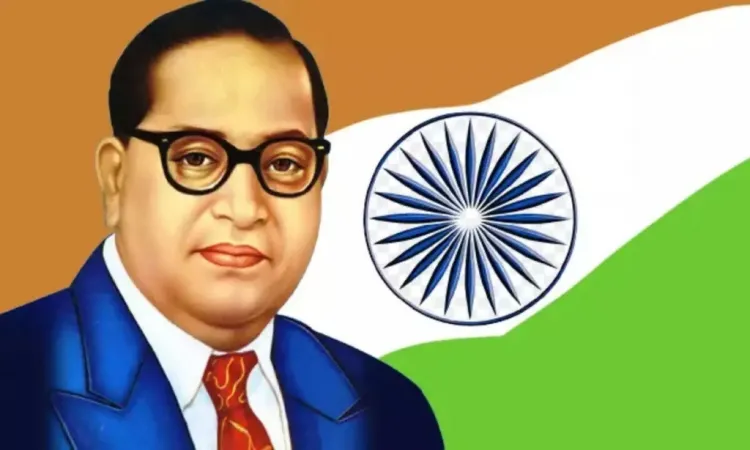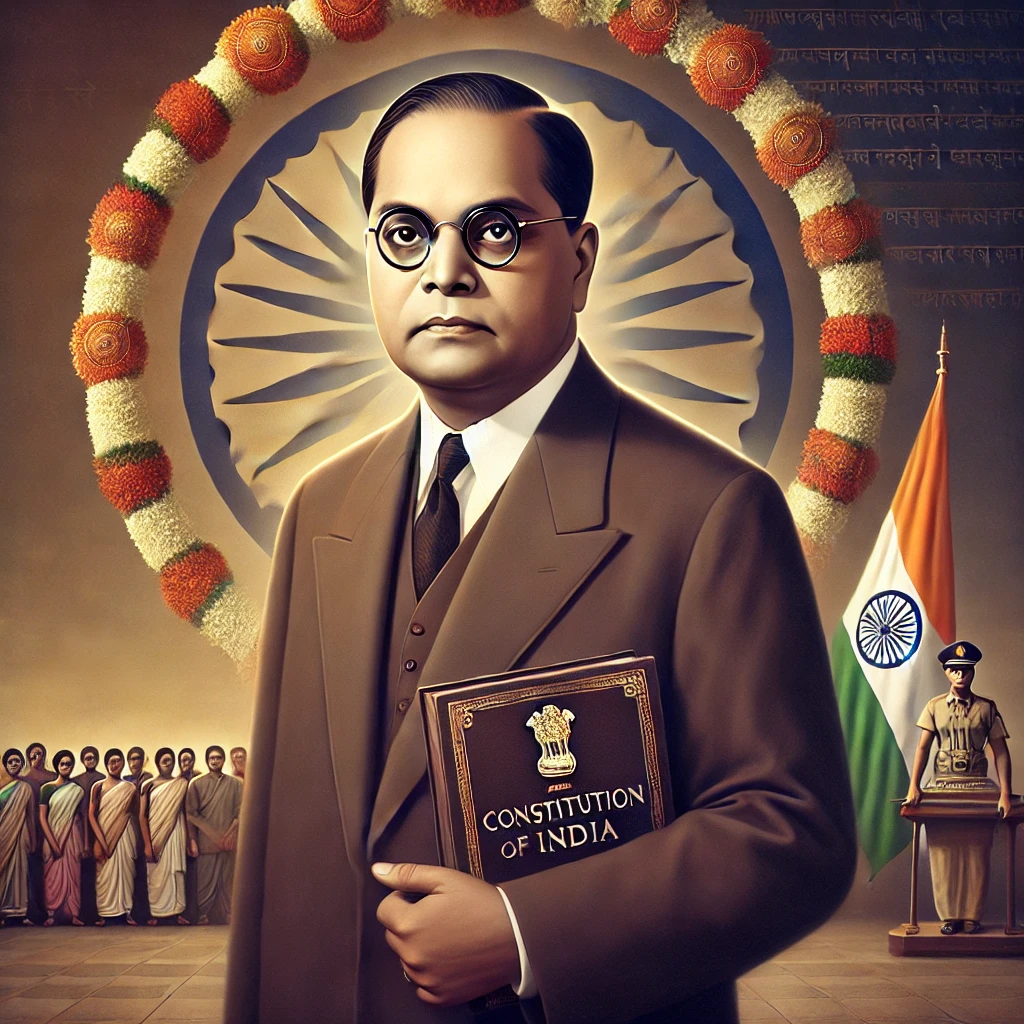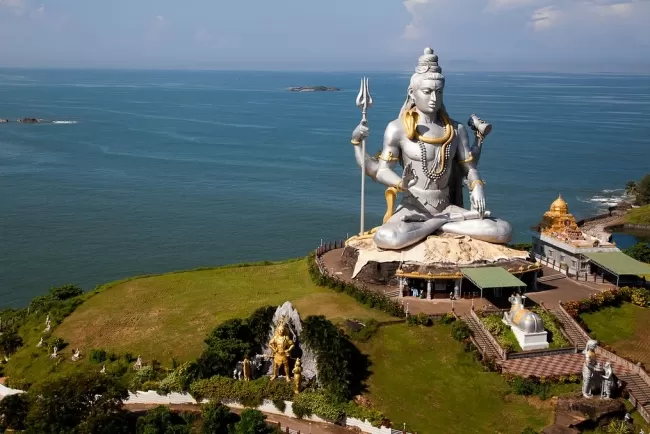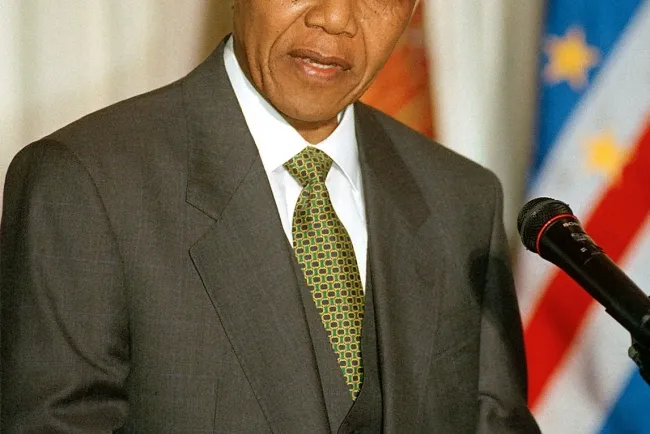Bhimrao Ramji Ambedkar: A Life of Impact and Legacy...!!!
Ambedkar's life and work have left an indelible mark on Indian history, and he is celebrated as a national icon. His vision of a just and equitable society continues to guide the struggle for social justice in India and beyond.

Bhimrao Ramji Ambedkar, commonly referred to as Babasaheb Ambedkar, was an Indian jurist, economist, social reformer, and political leader who played a crucial role in drafting the Indian Constitution. Born on April 14, 1891, in Mhow, Madhya Pradesh, Ambedkar faced substantial discrimination due to his Dalit caste status (formerly known as untouchables). Despite these adversities, he rose to become one of the most influential figures in Indian history.
Early Life and Education
Ambedkar was born into a Mahar family, a Dalit caste subjected to severe social discrimination. His father, Ramji Sakpal, was an officer in the British Indian Army, and his mother, Bhimabai, passed away when he was just five years old. Despite societal barriers, Ambedkar's father ensured his children received an education. Excelling academically, Ambedkar became the first Dalit to attend high school and college in India.
He pursued higher education at prestigious institutions like the University of Mumbai, Columbia University, and the London School of Economics, earning multiple degrees, including doctorates in economics and law. His academic achievements were remarkable, especially given the social and economic challenges he faced.
Legal and Academic Career
Upon completing his education, Ambedkar returned to India and began his career as a lawyer and professor. A prolific scholar, he made significant contributions to Indian economic thought. He also founded several journals advocating for Dalit rights and published numerous works on social issues.

Social Reforms and Political Activism
Ambedkar was a fervent advocate for Dalit rights, working tirelessly to eradicate social discrimination and promote equality. He founded the Independent Labour Party and the Scheduled Castes Federation to represent Dalit interests in politics. He played a crucial role in negotiating the Poona Pact, which secured reserved seats for Dalits in the Indian legislative assembly.
Drafting the Indian Constitution
Ambedkar's most significant contribution was his role as Chairman of the Drafting Committee of the Indian Constitution. He was instrumental in framing a constitution that guaranteed fundamental rights and equality for all citizens, irrespective of caste or religion. The adoption of the Indian Constitution on January 26, 1950, is celebrated as Republic Day, a national holiday in India.
Conversion to Buddhism
In 1956, Ambedkar renounced Hinduism and converted to Buddhism along with about 200,000 fellow Dalits. This mass conversion was a significant event in Indian history, marking a turning point in the Dalit Buddhist movement. Ambedkar's conversion was driven by his belief that Buddhism offered a path to social equality and liberation from caste-based discrimination.
Legacy and Impact
Ambedkar's legacy is profound and enduring. He is remembered as a champion of social justice and equality, and his contributions to Indian society continue to inspire generations. His work in drafting the Indian Constitution laid the foundation for a democratic and inclusive India. His writings and speeches on social issues remain relevant and influential.
Ambedkar's life and work have left an indelible mark on Indian history, and he is celebrated as a national icon. His vision of a just and equitable society continues to guide the struggle for social justice in India and beyond.
What's Your Reaction?

















